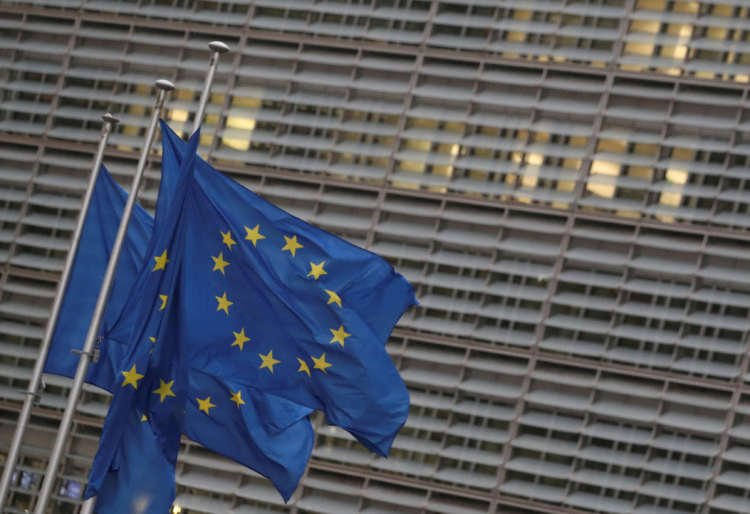Investing
France announces loan plan to spur post-COVID business investment
Published by linker 5
Posted on March 4, 2021
1 min readLast updated: January 21, 2026

Published by linker 5
Posted on March 4, 2021
1 min readLast updated: January 21, 2026

Explore more articles in the Investing category











